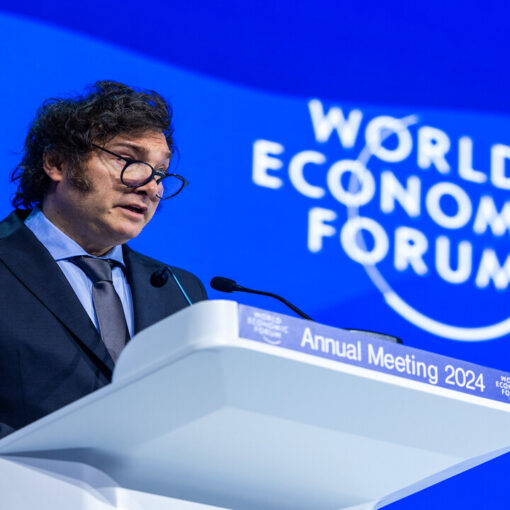The environmental, social, and governance (ESG) investing model is currently facing significant challenges, as outlined in a comprehensive report by the Republican congressional ESG Working Group, many members of which have dubbed July “ESG month.” With nebulous objectives, politicized portfolios, and underwhelming returns, ESG investing has garnered criticism, leading even staunch advocates like BlackRock CEO Larry Fink to reconsider their stance.
With 13 percent of America’s managed investments falling under ‘sustainable’ portfolios, the implications of ESG shortcomings could potentially impact the retirement savings of a large proportion of Americans.
The inherently complex and diverse interpretations of what exactly constitutes ESG investing have also posed challenges. Definitions vary widely among different companies, leading to inconsistent messaging for potential investors. As a response, GOP representatives Andy Barr (KY) and Rick Allen (GA) have proposed the Ensuring Sound Guidance Act, which aims to provide a clear definition of ESG and focus on investors’ financial returns over “non-pecuniary factors,” including those ESG principles that fail to boost returns positively.
However, these factors have not consistently mitigated risks as ESG advocates have anticipated. Environmental screens often hinder investment in sectors like energy or materials, restricting portfolio diversification. Furthermore, research by Yale and Boston College academics suggests that ESG investing doesn’t even improve environmental outcomes. Instead, it may encourage short-termism by keeping capital away from ‘unfriendly’ sectors that could have invested in cleaner technologies.
Social concerns driven by diversity, equity, and inclusion may not mitigate risk either. Examples like the misguided Bud Light collaboration with Dylan Mulvaney highlight this failure. There is a lack of robust evidence to suggest that ESG reduces risk or consistently contributes to higher investment returns. The over- and underperformance of ESG investments across different periods, and the absence of proof when returns are higher, has led many to question the effectiveness of ESG as a risk management tool for investments.
Consequently, ESG promoters like Fink are reconsidering their approach. Despite Fink’s desire to continue promoting “conscientious capitalism,” consumers should remain cautious, particularly as Fink has not abandoned ESG considerations in BlackRock’s investments. His change in tone and the shift towards a more hands-off approach to proxy voting are a marked departure from BlackRock’s previous aggressive support for environmental shareholder resolutions.
Fink’s adjustments demonstrate a growing recognition that most people will not accept investing that prioritizes agendas over results. The hope is that this means ESG investing is not the future – it could even be a thing of the past.
Jack McPherrin (jmcpherrin@heartland.org) is a managing editor of StoppingSocialism.com, research editor for The Heartland Institute, and a research fellow for Heartland's Socialism Research Center. He holds an MA in International Affairs from Loyola University-Chicago, and a dual BA in Economics and History from Boston College.






